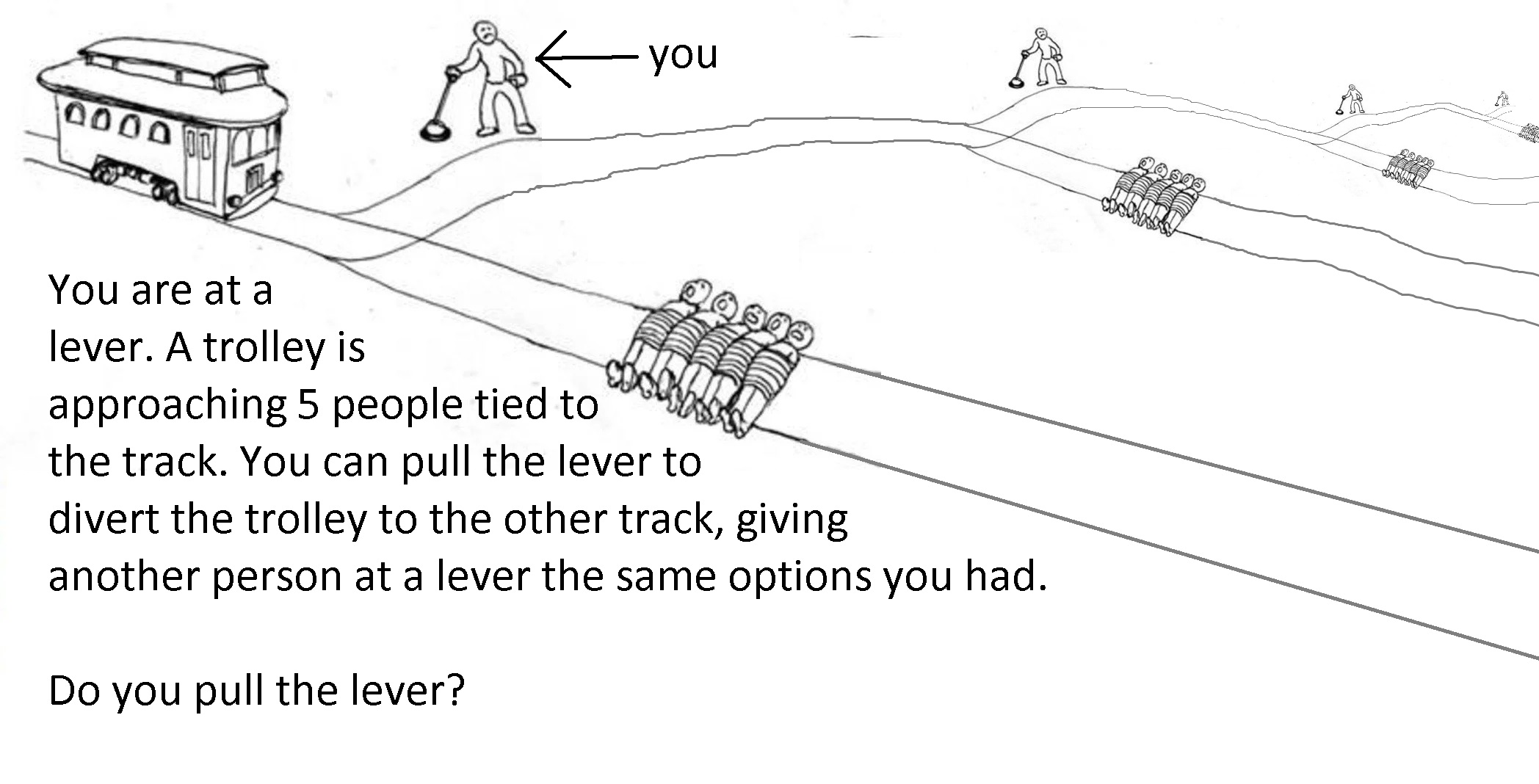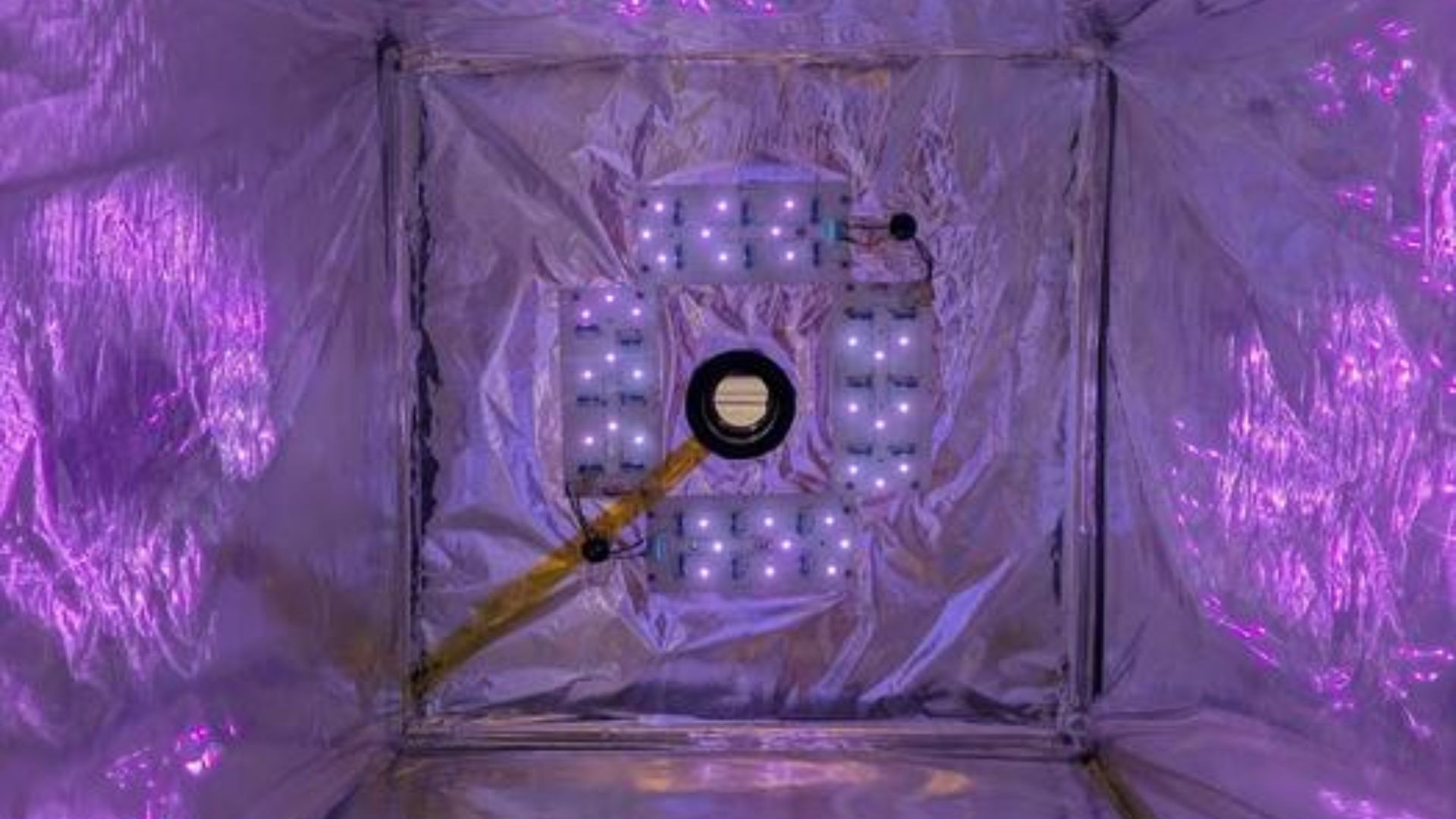Really exciting development for the climate change mitigation toolkit. Let’s hope it’s not too challenging or costly to scale up and deploy.
I still feel that these will be used in place of structural changes and we’ll just end up polluting more.
Does that really matter if there are proper systems to deal with the pollution?
Yeah because it’s not fixing the problem, really it’s just passing it off to a future generation
Reminds me of this a bit

deleted by creator
Combatting symptoms is nice and all, but ideally you’d want to remove the reason these symptoms exist in the first place.
“Today’s livestock farms are high-tech facilities where ammonia is already removed from the air. As such, removing methane through existing air purification systems is an obvious solution,”
sounds like it will be something they can just add to existing systems at big livestock operations, and the removal rate is pretty high
I feel like this will cause a huge “rebound effect” (not sur if it’s the correct translation)
You could elaborate your point instead of using a word you’re unsure about.
Sure, reducing the methane emissions of a few farms might lead to an increased consumption of meat. Which would annihilate the positive effect brought by such innovation.
I’ll take two; one to put in my bed and one for my underwear
Most people don’t have methane in their farts.
You seem knowledgeable. How can I increase my methane output?
become a ruminant probably
Biogas generator
Eat a cow whole… I’ll give you my fork …
its super effective.
What makes farts flammable then?
Methane. Not everyone can light their farts on fire.
Poor bastards
deleted
Can it be monetised more than destroying the environment though?
deleted
Now a meme with real world applications. How would livestock wear pants?
Probably just a big pad over their asses
But only over the rear two legs? Or all four legs?
The rear two plus suspenders, obviously.

It converts it to co2 and its a structure like carbon capture stuff. Im not big on carbon capture but if you running this thing anyway it might make sense to run the output into some carbon capture scheme as it should reduce both the production and running energy since it can use some of what this is already doing as far as pulling in and exhausting the air. might be good for the exhaust to go down an old well or something to.
Not sure if there is much chance for effective carbon capture. The article states that this works for getting rid of very low concentrations of methane (so burning is not possible). That means that even with the methane 100% turned into carbon, we are talking about very small concentrations.
well there would be the native co2 in the air its taking in too. My point is if it was worth it enough to do on its own its already done most of the heavy lifting so I bet if a carbon capture technique was worth it, it would be riding the output of this.
Over a 25-year period, though, methane is 85 times worse for the climate than carbon dioxide.
Doesn’t it get reduced in the athmosphere in about 5 years to mostly CO2?
Yes but the heat it retains in that time is 85x the effect of base CO2, which makes sense: decomposition of the methane releases energy. It does a much better job of reflecting the IR until it breaks down, then in the act of breaking down releases energy.
The atmospheric half life of methaine is just under 10 years. So if you release 1k lbs of methaine in 10 years there will be 500 lbs left 10 years after that ther will be 250 ect.
1k lbs
😡
1k lbs is a perfectly cromulent unit of enbiggenment, colloquially known as “Calebs”.
Give me washing machines or give me death
Indeed that’s 10 hundredweight. Which maybe ironically enough is rather intuitive for me, Germany still uses pounds and hundredweight (Zentner) in informal and sectorial use, meaning 500g and 50kg.
I believe that’s 80 stone
Not a fan of kilopounds, klbs?
It’s a good replacement for the heavy-fridge unit.
America is slowly switching to the metric system: metric pounds, metric feet, you know…
I mean, it’s more clear than 0.5 tons, since “tons” doesn’t specify US or metric. Not that it would matter in this specific instance.
But if it doesn’t matter, what’s the problem with tons?
It’s complicated. The breakdown of methane in the atmosphere depends on hydroxyl radicals that are created at a regular rate. If you have more and more methane released, and/or you have other chemicals that also react with those radicals, the overall average half life will increase. Both those things are happening, so the old half life really isn’t as accurate as it used to be. Guess which number the IPCC still uses for its models though.
Goddam Hydroxl Radicals keep sending drones to attack US ships! Iran needs an ass-kicking!
Guess i remembered wrong.














